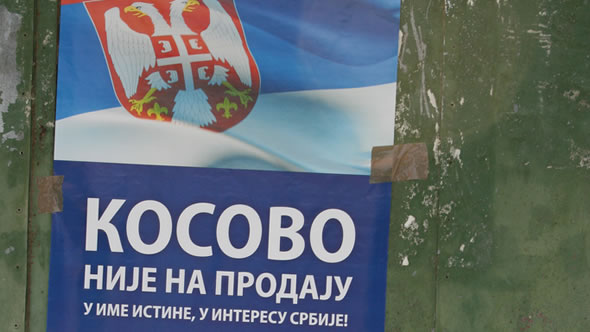Belgrade – ESI at SEE and EU leadership development programme

ESI's deputy chairman, Kristof Bender, participated in the summer academy of the "SEE and EU Leadership Development Programme" organised by the European Fund for the Balkans, the College of Europe and the Transfuse Association. The programme, targeting young politicians, civil servants, academics and civic activists from South Eastern Europe, aims to strengthen their understanding of the EU and its relations with South Eastern Europe.
On 7 September 2012, Kristof spoke on a panel about "Euro-skepticism in the EU and abroad - Is the EU losing its attractiveness?" Asked to remark on implications for South East Europe, he argued that while the accession process has clearly become tougher, some candidates like Montenegro, and especially Croatia, have shown that even under the current circumstances, countries working hard can achieve decisive steps towards membership. When there is a credible framework in place – ideally ongoing membership negotiations – the EU is clearly still attractive.
It has become popular to blame "enlargement fatigue" for the lack of progress in South East Europe. This is an unhelpful notion though, providing a smoke screen for political leaders in South East Europe, as well as in the EU. The term suggests that the lack of progress is due to some unfortunate mood for which no one is really responsible.
In reality, with Croatia, Montenegro, Serbia and Albania moving forward over the last several years, the accession process has proved more resilient against the economic and fiscal crisis than most expected.
The reason why Macedonia, Kosovo and Bosnia have not moved over the last years is not abstract "enlargement fatigue," but a series of very concrete individual obstacles:
- Macedonia is blocked by Greece over a bilateral name dispute.
- Kosovo's membership prospects are doomed as long as five EU members do not recognise the country as an independent state.
- Bosnia cannot move much before the Office of the High Representative is closed.
- And also Serbia will not make much further progress unless it improves its relationship with Kosovo.
Both those in the EU supporting enlargement, and the political leadership in Balkan countries, need to focus on how these individual problems can be overcome.
With regards to Macedonia and Greece's name dispute, it is difficult to see a resolution without the EU or a member state getting involved (as happened in the Croatian-Slovenian border dispute). This would be more likely if Macedonia's leadership demonstrates more effectively that it is serious about finding a solution. Kosovo, whose obstacles are probably the most challenging, is unlikely to be seriously considered before its relationship with Serbia is resolved.
Overall, none of these issues will be resolved without political leaders in these countries taking considerable political risks. On the other side, EU members could make it more attractive for these leaders to take such risks – for example by getting involved to find solutions to difficult problems like in Macedonia or by clarifying minimum conditions and unambiguously committing to related rewards; lacking clarity of what the EU expects from Bosnia and Serbia have proved counterproductive over the last few years.
